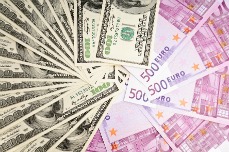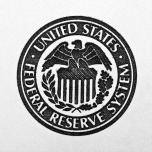U.S talks with Germany over increasing domestic demand
Jack Lew, the US Treasury secretary and Wolfgang Schäuble, Germany’s finance minister, have been meeting this week to discuss economic policy.
The US Treasury’s semi-annual currency report criticised Germany’s export-driven current account surplus, saying that it caused a “deflationary bias” to the detriment of both the European and global economy.
A senior Treasury official said that “The weak growth of domestic demand in Germany we think has impeded stronger, more balanced adjustment with the euro area and global growth more broadly”.
As the largest economy in the Eurozone, Germany has provided much of power behind the region’s economic recovery in recent years. The country disputed the condemning report, arguing that the current account surplus was “no cause for concern” and that there were no imbalances to correct. With positive signs of growth from the Eurozone and decreasing levels of unemployment German officials see no immediate need to increase consumption.
The U.S is expected to enquire further into the domestic economic reforms created under Germany’s new coalition government as well as other Eurozone countries about the agreement of a banking union.
Despite having limited influence over occurrences in Europe, the Obama administration is keen to aid the Eurozone economy. It has attempted to channel European governments towards certain policies, including increasing domestic demand in surplus countries and fiscal consolidation, while trying not to dominate too heavily.
EU-US trade negotiations that began in June last year are still progressing, with divisive aspects such as market access and regulation creating friction. Mr Lew will be helping to ease the way for this trade agreement to be made official, a union that will benefit both sides of the Atlantic in the long run.



